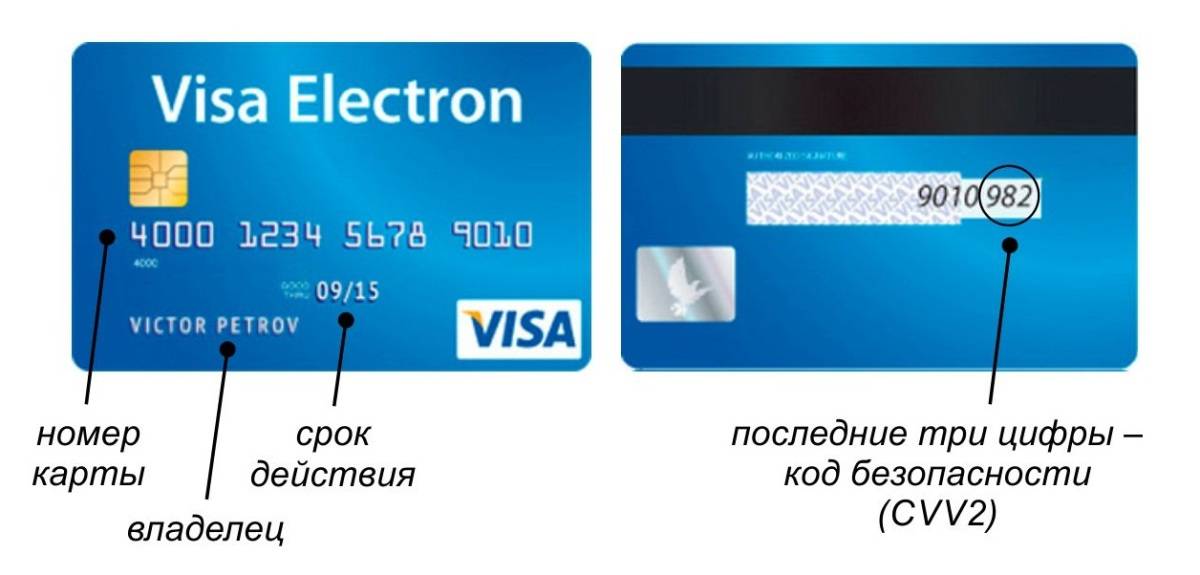Law enforcement efforts, cybersecurity measures, and public awareness are crucial in combating the presence of CVV shops and mitigating their adverse impact on the digital landscape. In conclusion, CVV shops are illegal due to their involvement in the sale of stolen credit card data obtained through criminal activities. These shops enable fraudulent transactions, identity theft, and privacy violations, causing significant harm to individuals and businesses. This information is stolen from innocent individuals without their consent or knowledge.
Stolen Data: The primary reason CVV shops are illegal is that the data they sell is obtained through criminal activities, such as data breaches, phishing attacks, and hacking. Violation of Privacy: The sale and purchase of personal financial information in CVV shops infringe upon individuals’ privacy rights. This type of unauthorized access to personal data is a breach of privacy laws and ethical standards. In the world of credit card fraud, “card hopping” what is a Credit card dump just one of the many techniques that fraudsters use to exploit vulnerabilities and evade detection.
By staying informed, monitoring your accounts, and practicing good cybersecurity habits, you can better protect yourself from falling victim to these stealthy tactics. By adopting a cautious approach, educating yourself about cybersecurity best practices, and promptly addressing any suspicions of compromise, you can significantly reduce the risk of falling victim to CVV shop compromises and other cybercrimes. Conclusion: Staying vigilant and proactive is crucial in today’s digital landscape where cyber threats are constantly evolving.
Safeguarding your financial security requires a combination of awareness, informed decision-making, and taking swift action when needed. Access to Valuable Assets: Bank accounts linked to credit cards hold a treasure trove of sensitive information, making them an attractive target for cybercriminals. Credit card details, personal identification, and financial records are all accessible within these accounts, allowing hackers to exploit this information for their gain.
Identity Theft and Fraud: Hacked credit card information can lead to identity theft, where cybercriminals assume the victim’s identity to open new accounts, apply for loans, or even commit other forms of cybercrime. This can have far-reaching consequences for victims, affecting their credit scores and financial stability. Understanding Scammers and Their Tactics: Scammers are individuals who use cunning strategies to trick people into giving away their money, personal information, or valuable assets.